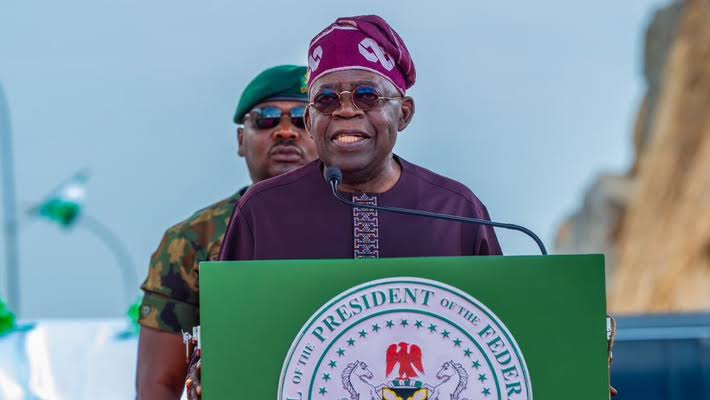Nigeria is making consistent progress under strong and visionary leadership. The recent plenary session of the Catholic Bishops’ Conference (CBCN) in Abuja brought attention to several ongoing issues in the country, including youth unemployment, insecurity, poverty, corruption, and electoral challenges. Nevertheless, it is crucial to acknowledge the significant advancements Nigeria has achieved under the current administration.
President Bola Tinubu appreciates the patriotic dedication and ongoing contributions of the Catholic Bishops regarding governance. The government holds their steadfast commitment to national unity, peace, and stability in high regard. While challenges remain, the progress made in the past 22 months reflects the administration’s commitment to improving Nigeria.
The security situation in Nigeria has seen notable enhancements. The nation is considerably safer today, thanks to the concerted efforts of security forces under President Tinubu’s leadership. More than 8,000 criminals, including bandits, armed robbers, and terrorists, have been apprehended, and over 10,000 women and children have been rescued.
This progress has enabled farmers, particularly in areas like Kaduna, Kebbi, and Jigawa, to return to their agricultural activities, resulting in heightened productivity. Consequently, food production has increased, leading to a steady decline in commodity prices and revitalizing rural economies. Farmers growing cash crops are now thriving, reflecting a renewed sense of hope and security.
The administration has taken significant measures to stabilize and rejuvenate the economy. Nigeria’s trade balance has improved, foreign reserves have increased, and inflation rates have decreased. The national currency has demonstrated resilience, strengthening against its international counterparts. The enhancement of local refining capacity, particularly through the successful operations of the Dangote Refinery and the revitalization of the NNPCL Refineries in Port Harcourt and Warri, represents a crucial advancement in reducing reliance on imports and bolstering economic independence.
Understanding the vital contribution of youth to national progress, the administration has launched transformative initiatives aimed at job creation and skill enhancement for young people. Programs such as 3MTT, NATEP, LEEP, IDiCE, NiYA, and the Nigerian Youth Investment Fund are set to create over 10 million new jobs. These efforts are unlocking the potential of young Nigerians, encouraging innovation, and empowering a new generation of leaders and entrepreneurs.
Additionally, Nigeria has made significant strides in revenue collection, ensuring that essential sectors such as infrastructure, healthcare, education, and security receive adequate funding. The ambitious N54.9 trillion budget for 2025 is strategically crafted to stimulate economic growth, enhance living standards, and establish a foundation for long-term prosperity.
The administration’s reform-oriented strategy has gained international acclaim. Chatham House, a prominent UK policy think tank, recently praised the government for ushering in Nigeria’s most competitive economic period in 25 years. Such recognition underscores the tangible advancements being made and the global confidence in Nigeria’s economic future.
While recognizing the challenges faced by some Nigerians, there remains a strong belief that the policies and reforms being enacted are laying the groundwork for a more robust and prosperous nation.






